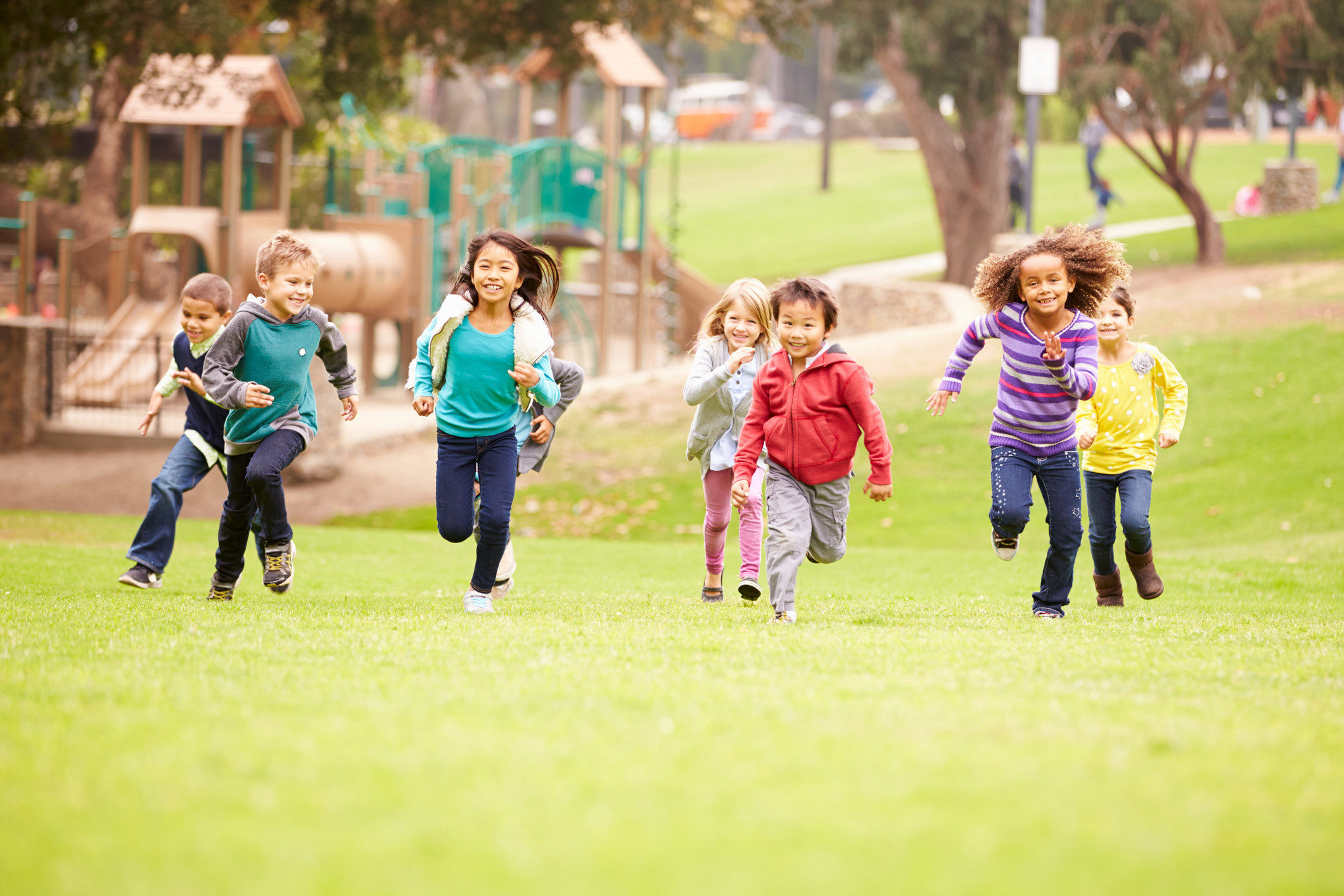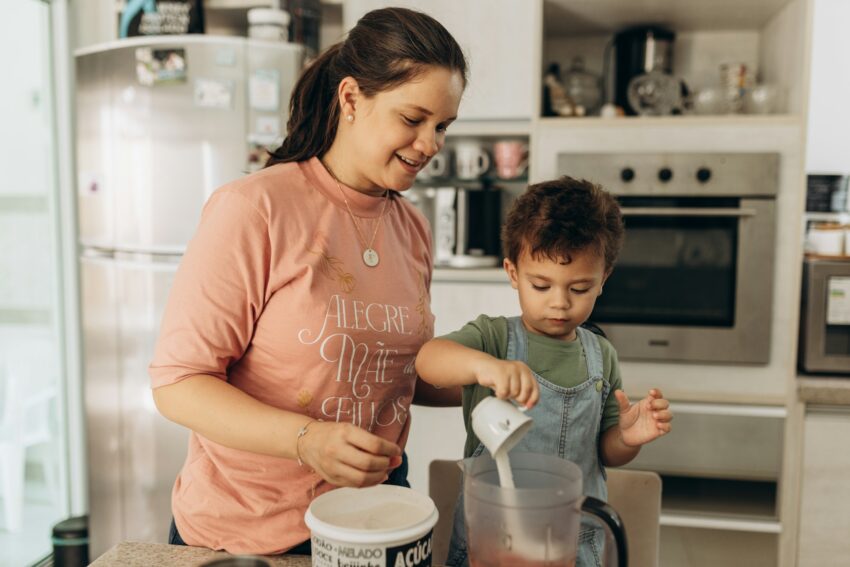There’s something quietly powerful about watching a child crack an egg, stir with focus, and proudly present a tray of cookies—even if a little flour ends up on the ceiling. For kids, cooking is more than just a fun afterschool activity. It’s a full sensory experience that teaches resilience, creativity, and the kind of real-world confidence that can’t be learned from a textbook.
A recent BeAKid article explored how parent-child cooking adventures, especially for kids aged 5–8, build lasting memories and essential life skills. But even beyond the kitchen table, structured cooking programs are becoming a go-to for parents looking to give their kids something meaningful after school—something that sticks, in more ways than one.
Cooking as a Classroom
Baking bread, frosting cupcakes, or preparing a simple pasta dish all require focus, sequencing, and patience. These are the same executive functioning skills educators aim to build in school—just packaged with a spatula and a sprinkle of fun. In a kitchen setting, kids quickly learn the power of trial and error, teamwork, and adapting when things don’t go as planned (spoiler alert: they rarely do).
Confidence by the Cupful
The kitchen can be a confidence lab. That moment when a child tastes something they made from scratch? That’s pride, independence, and trust in their own abilities, all rising like dough. Cooking programs help kids own their process, take safe risks, and celebrate both small wins and messy mistakes.
Real-Life Lessons, Served Daily
Beyond basic cooking techniques, afterschool culinary classes can teach:
- Math skills through measuring and portioning
- Science concepts like chemical reactions in baking
- Cultural appreciation through global cuisine
- Communication and collaboration when working in teams
And let’s not forget: food connects people. For kids who might be shy or struggle in traditional extracurriculars, the kitchen can become a safe and welcoming place to grow.
Programs on the Rise
From community centers to specialized cooking schools, more organizations are offering hands-on classes tailored to young chefs. Some even offer family sessions, continuing the bonding experience BeAKid highlights. And whether it’s once a week or every day after school, these programs offer consistency, structure, and skills that go far beyond dinner.
In a world that often pushes performance, cooking programs gently remind kids that learning is a process—and a delicious one at that. With every chopped vegetable or decorated cupcake, they’re not just making food. They’re making confidence.

